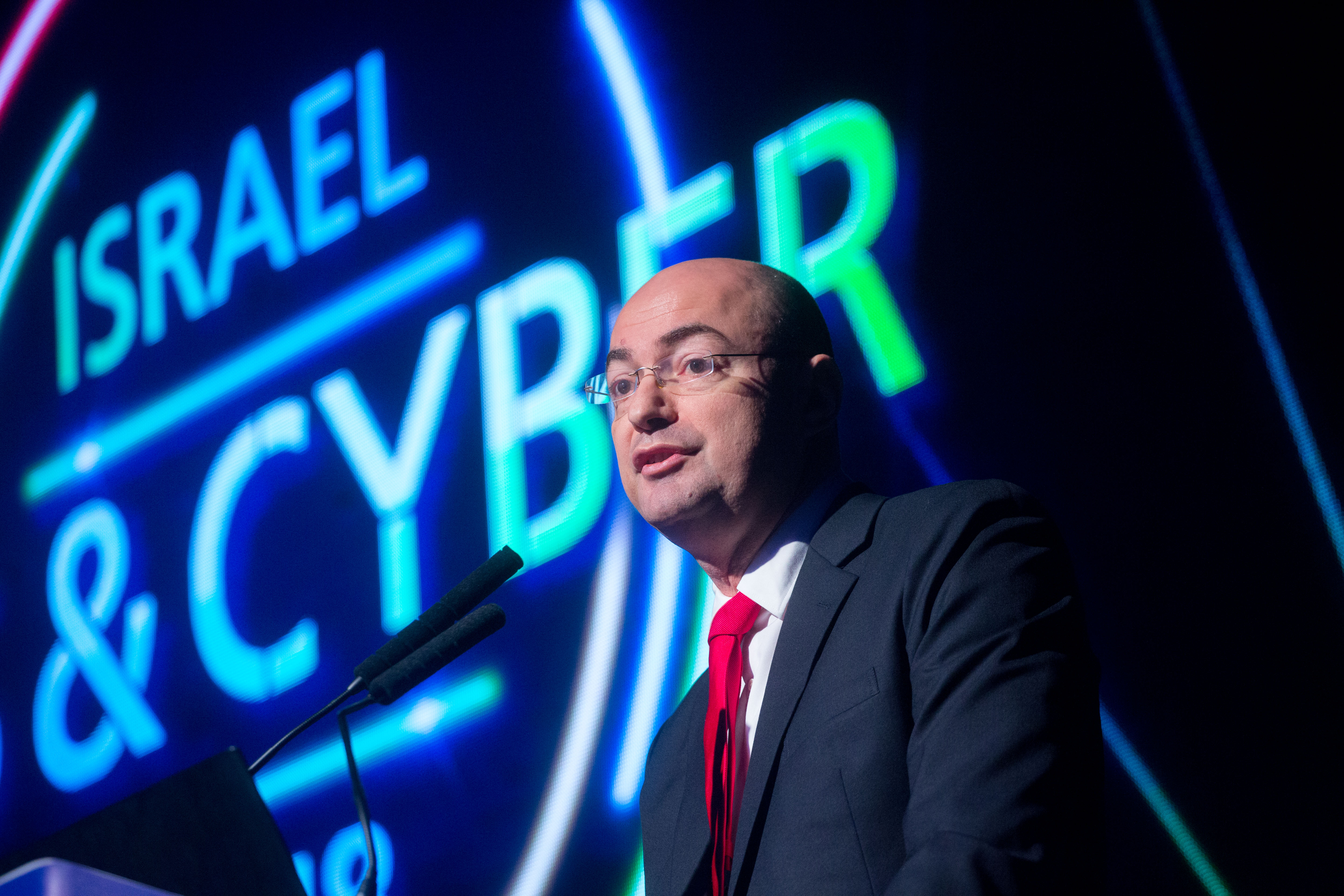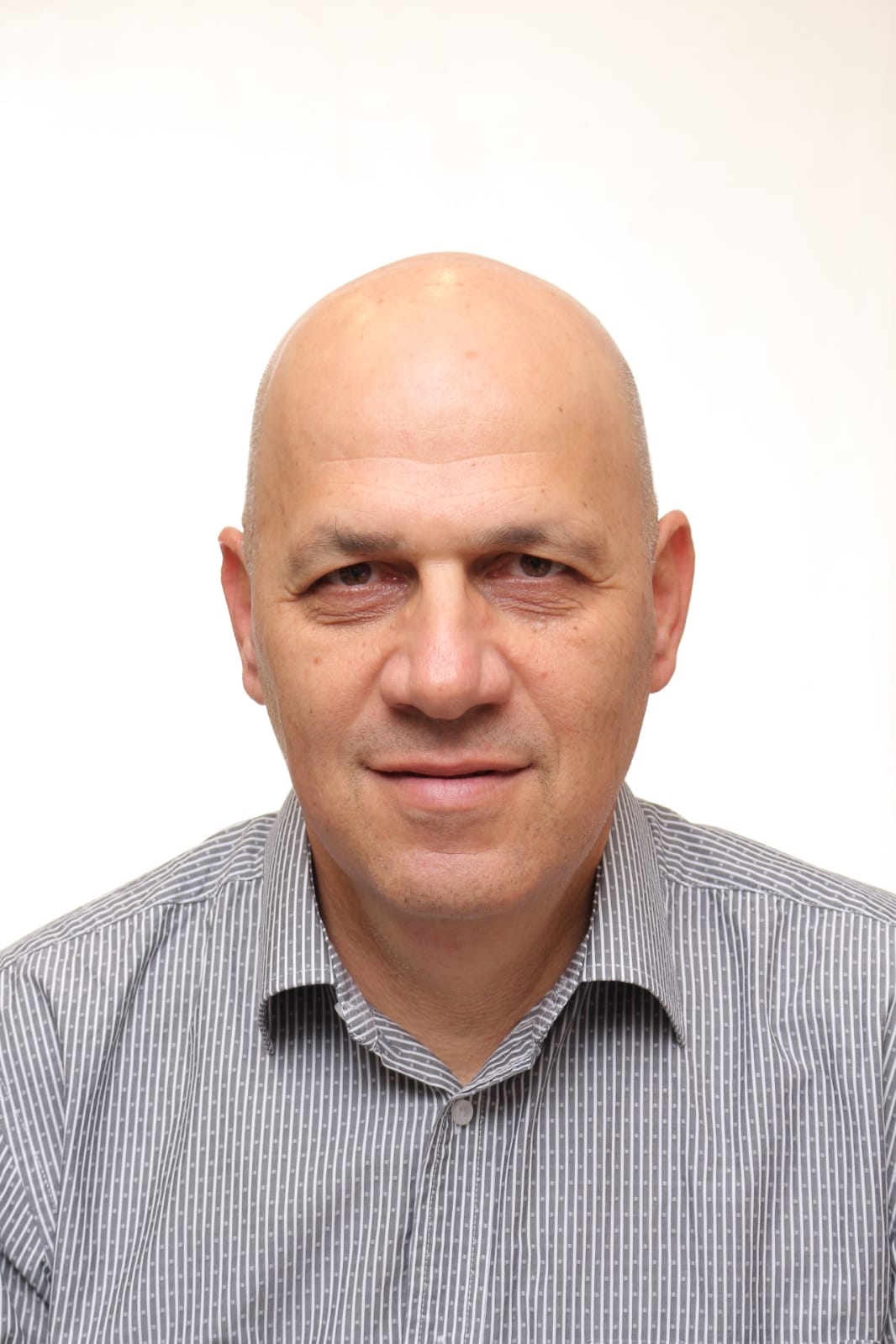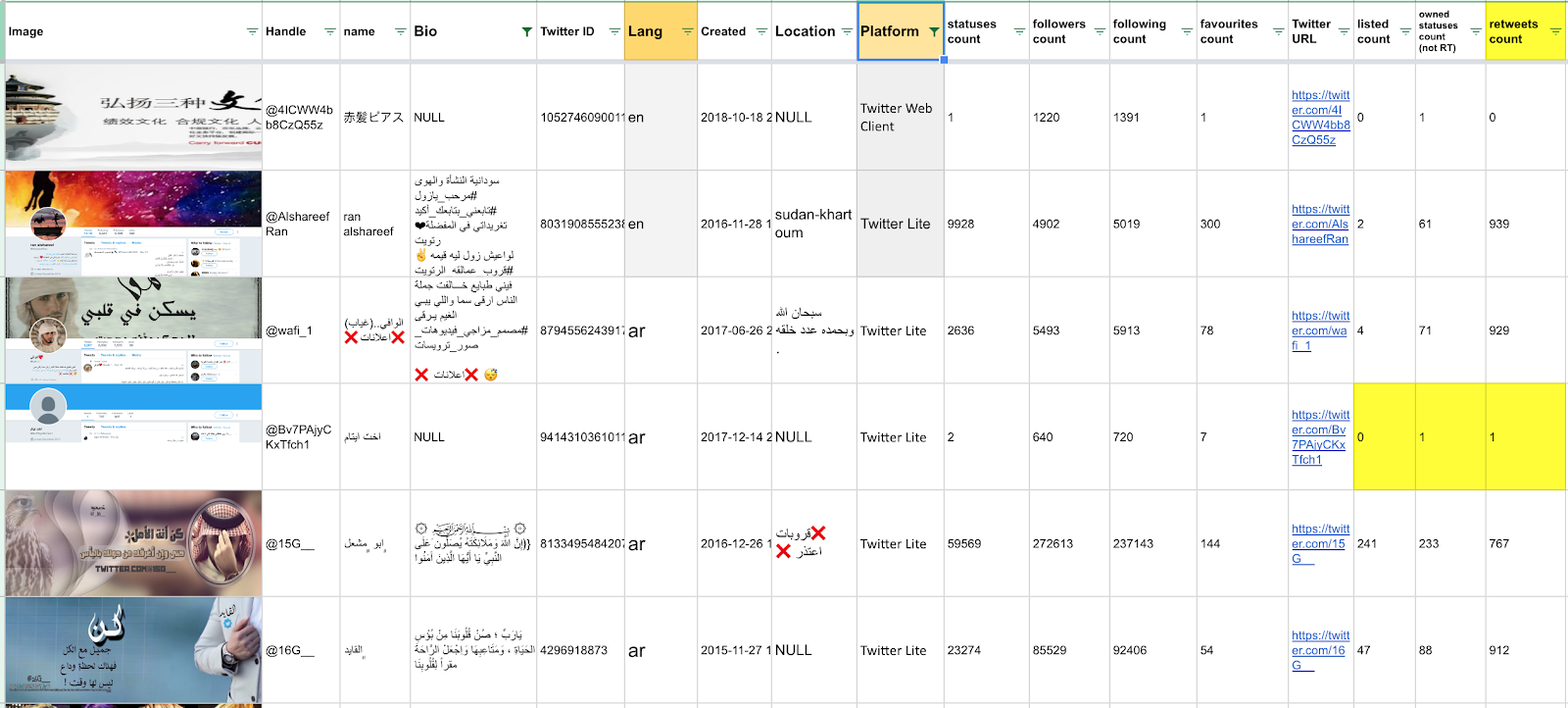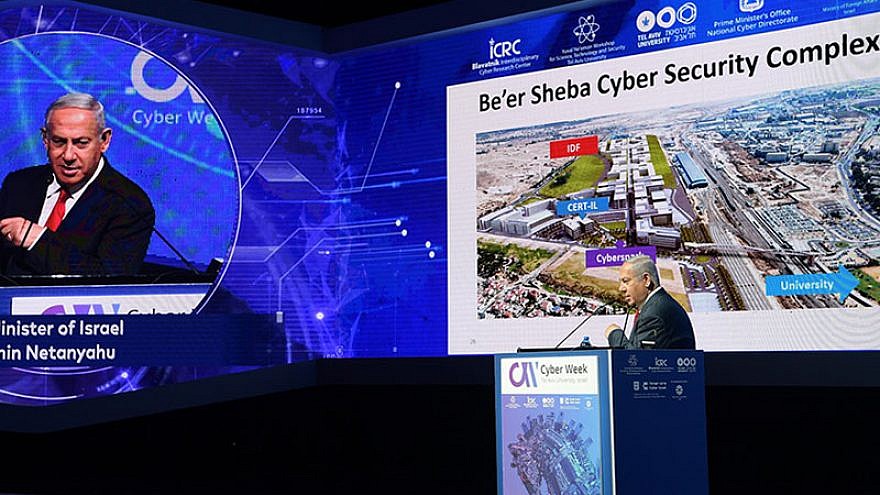As Israeli elections approach, the country’s cyber-security watchdogs are warning about attempts by foreign actors to disrupt and manipulate this essential democratic process.
The issue came to the fore earlier in January, when the head of the Shin Bet domestic intelligence agency, Nadav Argaman, reportedly told a closed-door conference that a “foreign state is planning to intervene in the elections. I don’t know at this stage in favor of whom or at whose detriment,” the intelligence chief said, adding, “I know what I’m talking about.”
Meanwhile, Israel’s intelligence community, together with the Foreign Ministry, the National Cyber Directorate and private cyber-defense firms, are all preparing to track and repel any attempts at foreign intervention.

But the way in which state agencies have worked until now needs to change in some important ways, according to Eli Bachar, a former legal adviser to the Shin Bet. He recently completed an in-depth study with his colleague, Ron Shamir, former head of the Technological Branch of the Shin Bet.
The study, carried out with the Israel Democracy Institute and the Cyber Security Center of the Hebrew University of Jerusalem, examined the critical question of how democratic states can defend themselves against this growing international threat.
“We took all of the attacks that occurred in recent years, in the U.S. and Europe, drew lessons from them, and then made recommendations,” Bachar told JNS.
Bots, trolls and social media
The study identified three main spheres of action: The election process, political parties and actors and influencing public opinion.
In Israel, voting occurs with paper ballots, making it less vulnerable to foreign meddling, said Bachar. But computer systems still surround the process, and those “have to be defended against forgery, disruption or denial of access attacks.”
Voter lists and computers used by Israel’s Central Elections Committee need to be secured from sophisticated online adversaries, he added.
The world of political parties and figures “is much more problematic,” he stated. “In the U.S., we saw break-ins into Democratic and Republic computers. We saw email accounts hacked. In general, it is very important to defend the many things we want as democracies to function, such as elections strategies, supporters list and message promotion.”

All primary elections within political parties are computerized, yet there is no supervision of this process, meaning that a gap in the fence exists for advanced attackers.
When it comes to the sphere of public opinion, Bachar said that “this whole area is breached.” The use of bots, trolls and micro-targeting of voters via social media are all tactics used by elections manipulators around the world, and they have begun to appear in Israel’s social media world as well.
“This is a world that is much harder to defend,” said Bachar. “It requires online supervision, but as a democracy, you do not want to give that job to state security services. This is a conceptual challenge.”
Israel must guard the public’s trust in the elections, emphasized Bachar, describing this as the prime goal going forward. The report’s recommendations include calling for new legislation, which would require political parties to allocate a percentage of their budget to cyber defense. “Otherwise, we know the parties will use their money for other things that are more urgent to them, like elections messages and conference,” he said.
In addition, the report recommends that elections be defined by Israeli law as a “critical infrastructure,” which will then make new levels of protection state budgets available. All political ads and messages should be required to inform the public which political body stands behind them, the report said.
It also called for the Central Elections Committee, rather than the Prime Minister’s Office, to take the lead in responding to cyber-attacks during an elections season.
The array of organizations involved in defending the elections should be subordinate to the Elections Committee during elections, Bachar argued, since the committee chairman is a High Court judge—a non-political figure. “This way, the organizations will not receive orders from the prime minister, who is a political actor, regardless of which prime minister this is. We want to make sure that the medicine is not worse than the disease,” he said.
While the U.S. intelligence community has officially named Russia as being behind attempts to influence the American elections, and similar accusations have surfaced in France and Germany, Bachar noted that U.S. National Security Advisor John Bolton also recently named China, North Korea and Iran as threats in this field.
“Non-state organizations that are sophisticated can do this, too. Therefore, it is best to look at this broadly and not just in terms of one potential adversary,” he said. Israel is particularly vulnerable, he cautioned, because of tensions in society between Jews and Arabs, right and left, and religious and secular. In fact, he said, “Israel is more sensitive to such attacks compared to more homogenous societies.”
‘There is an attempt underway to influence public opinion’
In one of the latest warnings about the growing risks, Yuval Rotem, director-general of the Israeli Foreign Ministry, tweeted, “Upcoming elections show [a] surge in foreign bids to influence Israeli political discourse, by manipulating social media. With Communit, we’ve built the world’s first public-private tech, giving experts unparalleled real time access to threat data. Antibiotics for the fake new virus!”
Rotem was referring a new partnership between the Foreign Ministry and Israeli company Communit360.com Social Risk Management. The partnership allows Israeli journalists to report suspicious online activity and the promotion of fake news. The reports set off investigations that can lead to the shutdown of hundreds of fake Twitter accounts.

Communit360 has been dealing with bots and fake news for years as part of services it provides for organizations and companies, Ran Margaliot, co-founder and chief technological officer, told JNS. “We have a product that helps companies and big organizations to manage their brand on social media and to deal with risks. Bots and fake news are very big in the political world, but these are things that also influence organizations and companies,” he said.
Sharel Omer, co-founder and CEO of the company, described how the company spent seven years developing a cutting-edge ability to analyze social-media dialogue, take away insights and “allow decision-makers to understand what needs to be done, and how this influences organizations and brands. Now, we are taking this in the direction of politics in recent months, with the cooperation of the Foreign Ministry.”
Margaliot and Omer described an uptick in fake news attacks aimed at Israeli journalists. The logic is simple: Get journalists to propagate false information, thereby “laundering” it and giving it credibility.
Since becoming active in this field, Communit360 has exposed entire networks of fake accounts that spread misinformation, reported them to Twitter and gotten them removed. The networks included fake Twitter accounts of the Israel Defense Forces’ chief rabbi and a former Knesset Member. “These networks give weight to the forged account,” said Margaliot. “They tried to reach Israeli journalists.”
It’s not always clear who stands behind such activities, he said, even after such networks are exposed. “There is a research that showed that close to 40 percent of comments regarding a [2017 controversial] Rosie O’Donnell comment was generated by bots. So it is difficult to know who had an interest in taking part in that dialogue.”
Communit 360 has also teamed up with cyber investigators Noam Rotem and Ran Barzik in the effort to uncover fake news campaigns. Barzik exposed a fake journalist’s account operating under the name of “Bina Melamed” who tried to promote a baseless story saying that former defense minister Avigdor Lieberman was fired for being a Russian agent.
Commint360 then became involved, exposing an entire network that “Melamed” was part of, including the false Twitter accounts of the IDF chief rabbi.
The company has used its big data analysis and algorithms to map out the “Bina Melamed” network, continuously zooming out, until it gathered 11 million listings.
“The first circle around the fake account is the followers, and who the account follows. The second circle is the followers’ followers. Then we look at engagement-what content is this account putting out there, and what content are the followers producing? And we search for cross-references. There is a lead profile that pushes content, and members of the network amplify it. To locate the whole network, we have to look at the whole engagement,” said Margaliot.
“We have also seen attempts to promote false stories related to Israeli—Russian tension,” said Margaliot. “There is an attempt underway to influence public opinion. In which direction—that is open to interpretation,” he stated. Omer noted that Israeli journalists have been targeted directly and personally, in an attempt to make them reluctant to speak out over some issues.
“Journalists could stop checking their personal Twitter messages because of harassment. This potentially weakens the tools of journalists, making them less aware of what is happening, because their presence is reduced,” said Omer.
Commint360’s vision from its outset has been to enable positive dialogue on the Internet. “That’s how we got into this world,” said Margaliot. “Companies have great difficulty understanding who is involved in online dialogues, and how these become aggressive and negative quickly.”
Now, that vision has now led it to be on the frontline against foreign meddling efforts in Israel’s political dialogue.
“Without a doubt, we are seeing more problematic profiles that are waiting to go into action,” said Omer. “As we approach the elections, we will see more and more of these activities. We will definitely have work to do.”


























